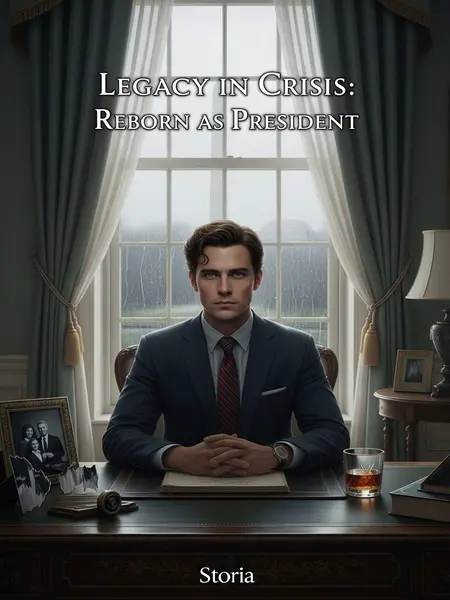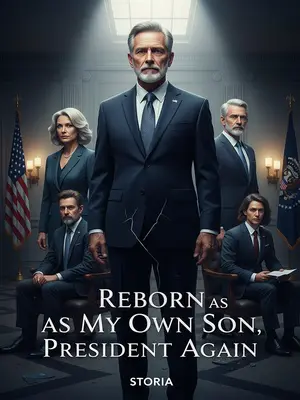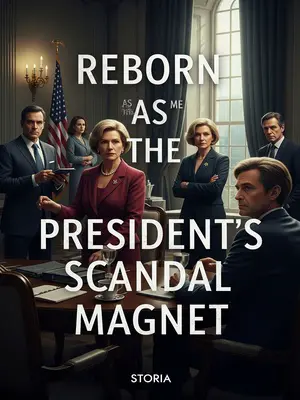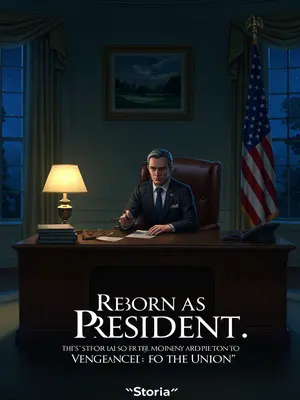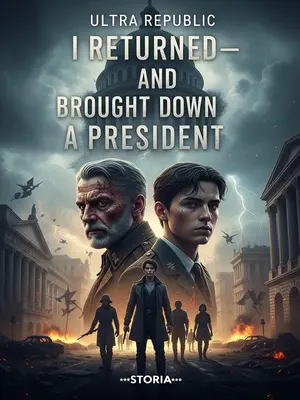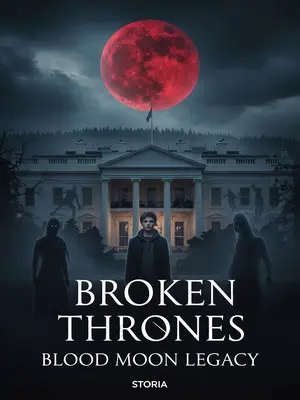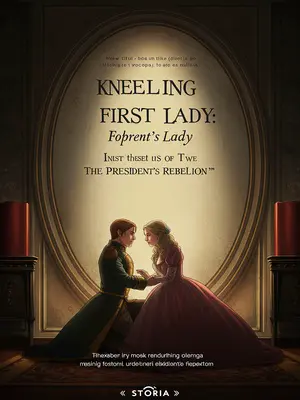Chapter 6: The Cabinet in Crisis
Overnight, the government was in turmoil.
The president, long known for indulgence, suddenly revealed the steel of a wise leader. He dismissed several high-ranking officials promoted by the chief of staff—corrupt and incompetent, all.
The press scrambled to keep up, headlines changing by the hour. Cable news anchors speculated endlessly, voices growing hoarse as they tried to explain the sudden shift.
The survivors speculated: rumors about stealing his daughter-in-law had provoked the president, so he decided to restore the Whitmore legacy to its former glory.
In bars and boardrooms, political operatives placed bets on the president’s next move. Some saw opportunity; others feared the axe would fall on them next.
But the chief of staff, Leonard Finley, who’d gained his position by guessing the president’s intentions, was having a rough time.
He paced his office, chewing on his glasses, muttering to himself. The old tricks didn’t work anymore; the president’s mood was unpredictable, his orders sharper than ever.
Mainly, Leonard could no longer read the president.
He stared at the ceiling, counting cracks, hoping for inspiration. The phone rang, but he let it go to voicemail.
Lacking real ability, specializing in flattery, Leonard pretended to be calm outside, but at home he worried so much his hair kept falling out. His many aides were also anxious.
The mirrors in his bathroom reflected a man aging by the minute. He tried Rogaine, but the results were disappointing.
Late at night, the chief of staff’s residence was brightly lit.
The kitchen was littered with coffee cups, paperwork piled everywhere. The aides gathered in the den, voices low and urgent.
Aide A, anxious: "Chief Finley, is the president planning to purge the administration?"
Aide B, shaken: "Yesterday the president ordered us to watch those corrupt officials get fired. What does it mean?"
Aide C, shivering: "Last night, I dreamed my head was on the chopping block! Is the president going to deal with us?"
All three called out together:
"Chief Finley, say something!"
Leonard thought, you’ve said it all, what am I supposed to say?
He rubbed his temples, wishing for a stiff drink. The stress was getting to everyone.
But for now, to avoid being attacked from both sides, he had to calm his panicked aides.
He straightened his tie, putting on his best poker face. "Just relax," Leonard lied, "We’ve served for years; even if we haven’t achieved much, we’ve worked hard. The president won’t trouble us."
He forced a smile, hoping it looked convincing. The aides exchanged uneasy glances, not quite reassured.
Though he temporarily soothed them with empty words, Leonard had a feeling—the president might really be changing.
He sat alone at his desk, staring at the flickering lamp. The air felt charged, like the calm before a thunderstorm.
Leonard, dizzy, returned to his bedroom. Half asleep, half awake, he suddenly remembered—the president, who now favored only relatives, once had great ambition, and single-handedly brought the Whitmore legacy back to prosperity after Victoria’s death.
He sat bolt upright, heart pounding. The past echoed in his mind—speeches, rallies, the roar of the crowd.
Leonard snapped his eyes open.
In a daze, he seemed to see a cold, shining executioner’s blade hanging above his head.
He shivered, pulling the covers up, wishing he could turn back time.
